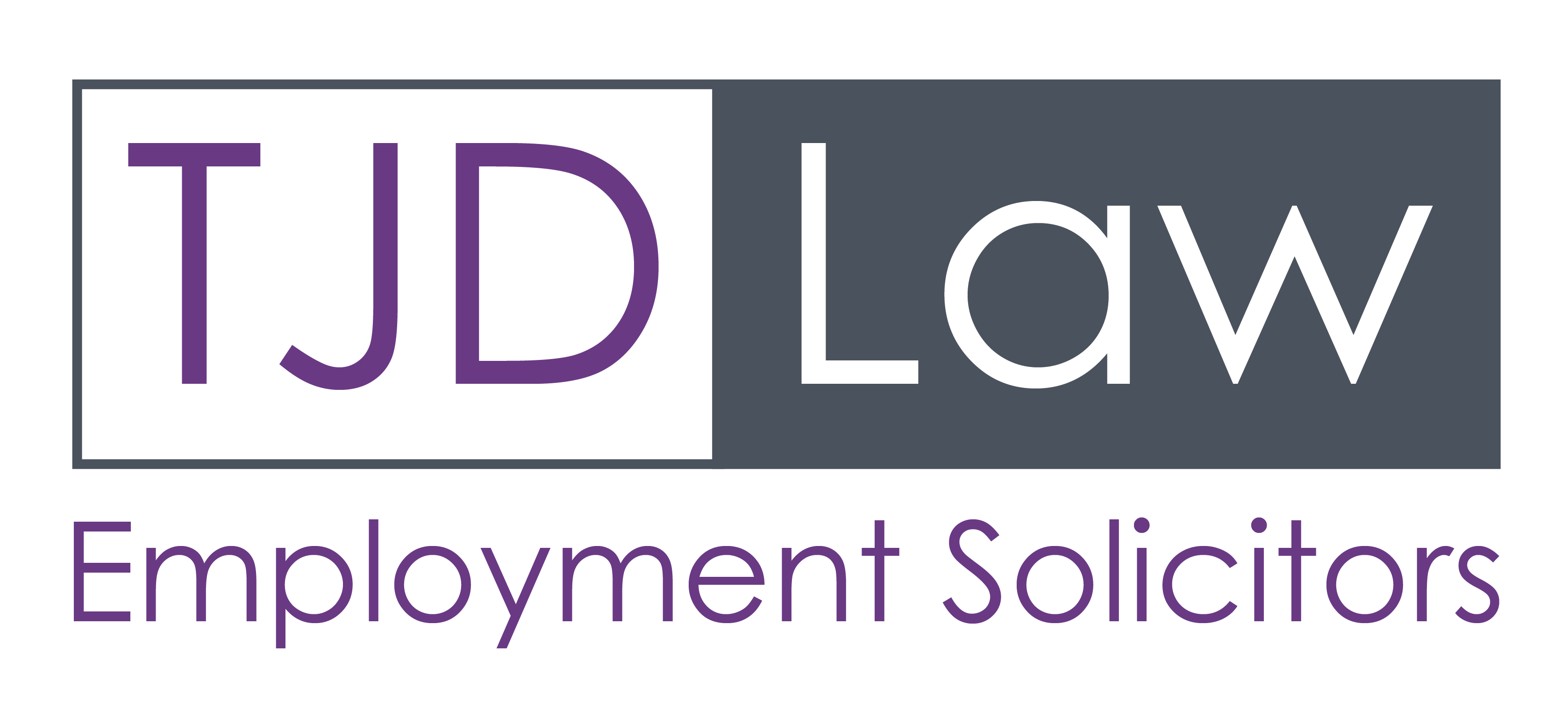In cases such as Gogay v Hertfordshire County Council (2000) and Crawford v Suffolk Mental Health Partnership NHS Trust (2012), the Court of Appeal has made it clear that suspension must not be a ‘knee-jerk reaction’. Failure to consider whether suspension is justified in the circumstances may result in a breach of the employer’s duty of trust and confidence towards the employee, leading to a claim for constructive dismissal.
Continuing this theme, the more recent case of Agoreyo v London Borough of Lambeth (2017) emphasised that suspension should never be considered a neutral act. It causes employees to feel belittled and demoralised by being excluded from the workplace, and it may give rise to rumours and suspicion amongst work colleagues. Even if the employee is later cleared of the charges, the damage sustained to the relationship between the employee and employer, or between the employee and his/her work colleagues, can be very difficult to recover.
Suspension must therefore be carefully considered and only applied when it is justified and proportionate to do so. ACAS has recently published guidance stating that suspension should usually only be considered if there is a serious allegation of misconduct and:
- working relationships have severely broken down;
- the employee could tamper with evidence, influence witnesses and/or sway the investigation into the allegation;
- there is a risk to other employees, property or customers; or
- the employee is the subject of criminal proceedings which may affect whether they can do their job.
Employers should also consider the possible alternatives to suspension. In many situations, a temporary adjustment to the employee’s working arrangements (e.g. a change of workplace, working hours, increased supervision or restricted duties) might remove the need to suspend.
The full ACAS Guidance can be viewed here: http://bit.ly/ACAS_Suspension

